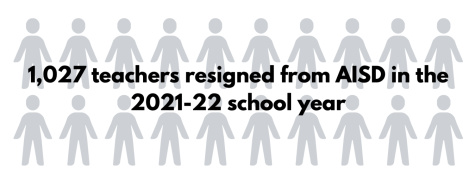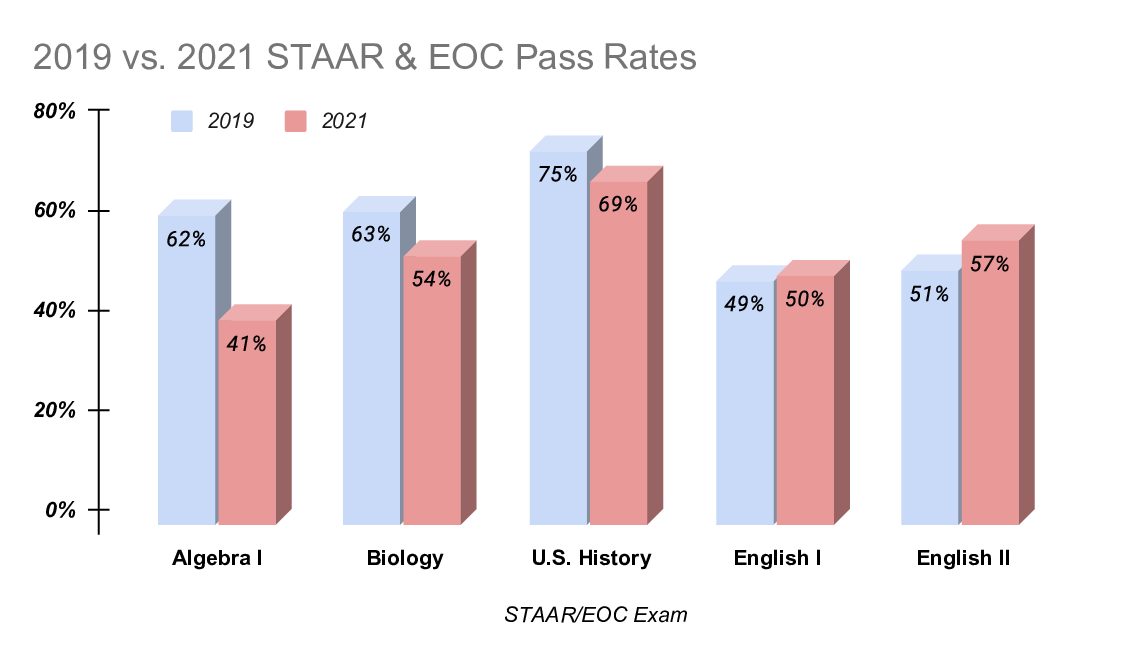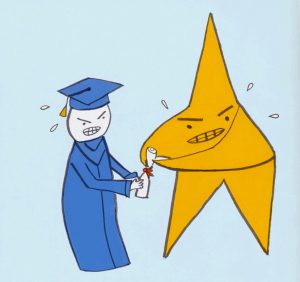Pre-made class material, right to a district’s doorstep
SB2565 proposes state standard instructional material as a way to bolster schools, but at what cost to teachers?
May 30, 2023
This April, Texas Sen. Charles Creighton, and his colleagues introduced SB2565. The bill passed through the Senate and is currently under review by the House Education Committee and is heralded to be the cornerstone of Texas education reform. Along with its counterpart HB1605, 2565 focuses on settings new standards for Texas public schools and their students, but more importantly, introduces a program for state-provided educational materials. If passed, the bill would establish a “state instructional materials and technology fund” — a slush fund overseen by the board of education to pay for approved educational materials: books, websites, textbooks, anything you would find in a classroom. In the proposal, standardized materials would be distributed by the TEA to school districts should they choose to accept them. In addition, an online portal would be established to involve parents and teachers in the approval process for any new materials.

It can’t go unnoticed that HB2565 does prove that state leadership recognizes some of the issues in our schools. As of 2022, the NAEP, only 23.77% of Texas eighth-graders were proficient in math. In a time where student performance is trending down and teachers are quitting at unprecedented rates, any progress is good progress for Texan public education.
The only worry is that by using pre-made government materials and curriculum, lessons may not be the right fit for students. In any class, different students move at different paces and understand some topics better than others, and standardized curricula have often proved to be very narrow. Teachers are able to address these issues—they can individually help students and develop their curriculum to fit the needs of their classes and the topics they feel relevant. As students, we’ve agreed that the STAAR test and TEKS have always been more about learning to the test rather than learning the material, and don’t want that same standard to dictate everything we learn in class.
In any solution that we consider, be it SB2565 or another bill conceived later on, it is critical that we ensure our teachers’ rights to teach how they feel fit.






